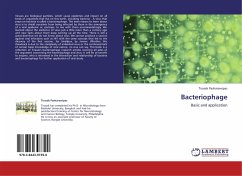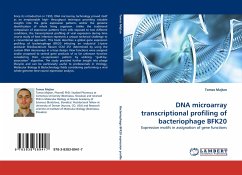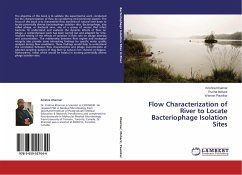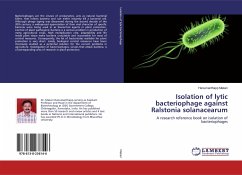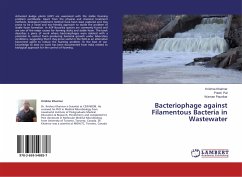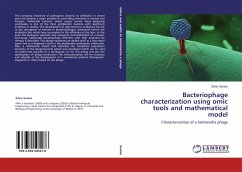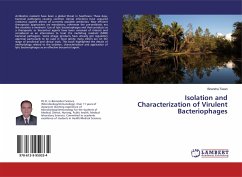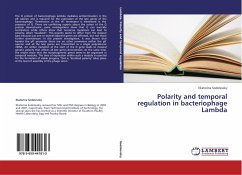Viruses are biological particles, which cause epidemics and impact on all kinds of organisms that live on this earth, including bacteria . A virus that preys on bacteria is called a bacteriophage. The main reason to learn about virus is to shield ourselves from being infected by them in the emergence of a viral epidemic or, perhaps, to live with them accommodatingly. We learned about the existence of virus just a little more than a century ago and new facts about them keep turning up all the time. There is still a great deal that we do not know about virus. We cannot produce a vaccine against viral infections such as HIV with the same concept that led to the dicovery of the first vaccine, for Smallpox, by Janner. Whether this drawback is due to the complexity of individual virus or the continued lack of certain basic knowledge of viral nature, no one can say. This book is a collection of Tirasak's bacteriophage research articles covering all sides of the argument concerning the bacteriophage and virus. It will be of benefit to anyone, who is interested in the interaction and relationship of bacteria and bacteriophage for further application of viral study.
Bitte wählen Sie Ihr Anliegen aus.
Rechnungen
Retourenschein anfordern
Bestellstatus
Storno

